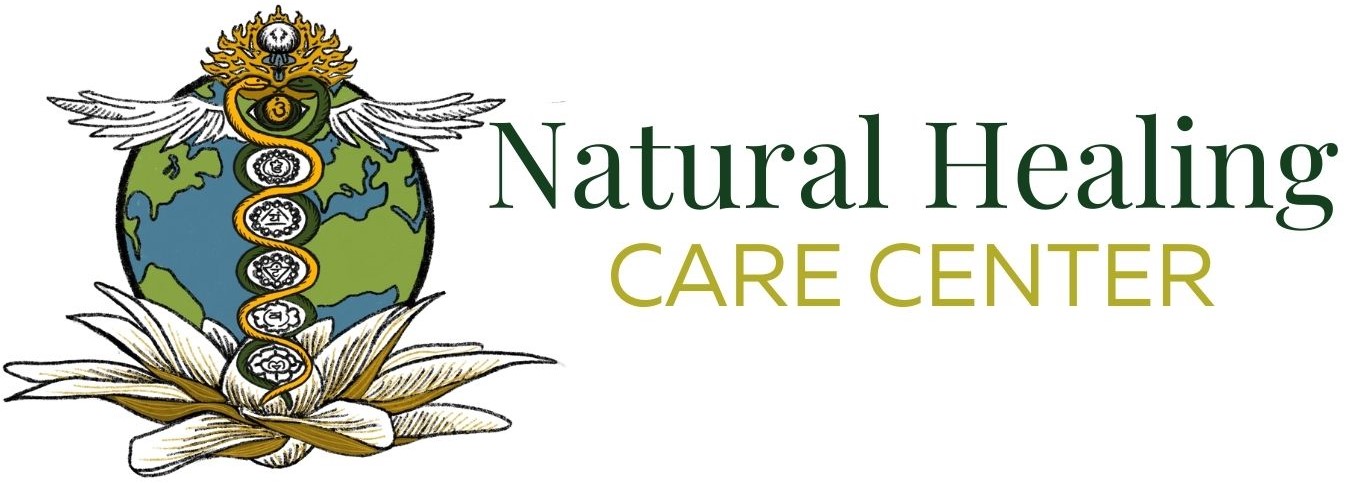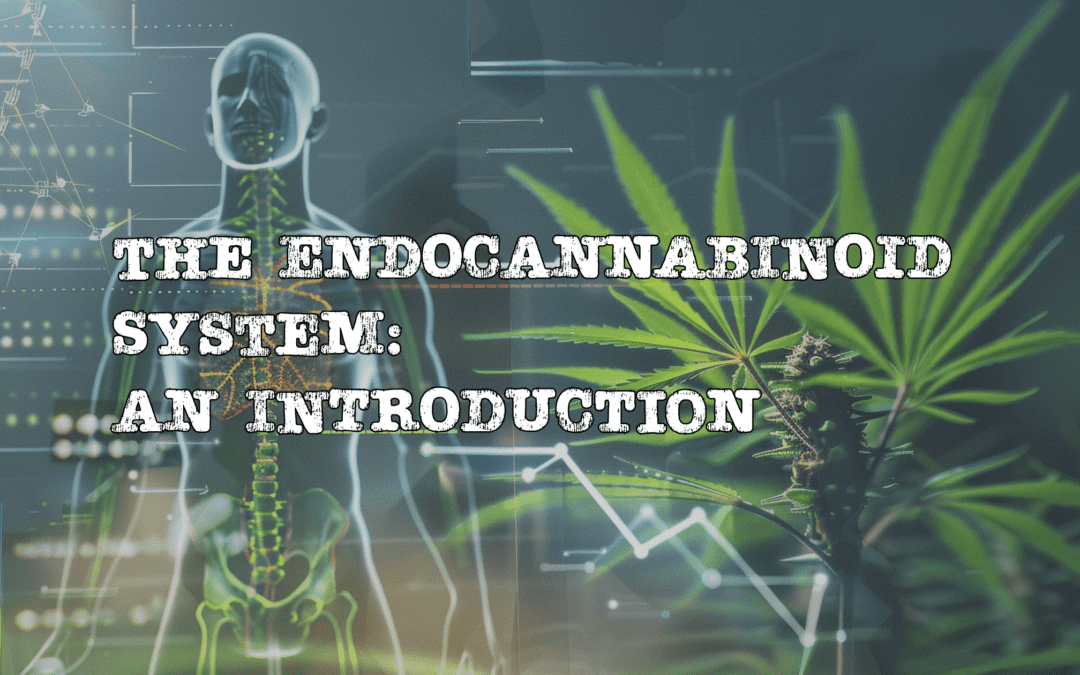Hi! My name is David Yrigoyen (MMJ_David), and I have been helping people find alternative relief with cannabis for over 13 years at Natural Healing Care Center in Tucson, AZ. We have seen numerous patients with various ailments experience relief or comfort from cannabis—conditions and pain that other medications could not help with. Cannabis has brought them comfort and relief, and in some cases, helped them reduce or eliminate other medications they no longer wanted to take.
I know I’m not the only one witnessing these miraculous results of cannabis as an alternative. Now, with increasing research and anecdotal evidence, the world is catching up to the medicinal benefits of cannabis. But why does cannabis bring us relief, and how does it interact with our body and cells? In this article, we’ll explore the endocannabinoid system (ECS), its interaction with cannabinoids from cannabis, and the growing body of research supporting its role in promoting wellness.
You can also find relief through multiple methods of consuming cannabis—not just by smoking it, which is a common concern for people new to cannabis. For many, inhalation is often the last option.
The Endocannabinoid System: Your Body’s Special Network
For many, the term “endocannabinoid system” (ECS) may sound unfamiliar and complex. Yet, this biological network is present in all of us, and most animals, playing a pivotal role in maintaining homeostasis—or balance—across the body.
Understanding the Endocannabinoid System
The ECS was discovered relatively recently, in the 1990s, by Dr. Raphael Mechoulam and his team at the Hebrew University of Jerusalem. While studying THC, one of the most well-known cannabinoids in cannabis, they discovered that humans produce their own endogenous cannabinoids, leading to the discovery of the ECS. This research was groundbreaking, providing scientific evidence to support the medicinal properties of cannabis, which many suspected but could not prove due to strict regulations.
What is the Endocannabinoid System?
The ECS is a network that exists in all vertebrates, working with other systems in the body, such as the central nervous system, immune system, endocrine system, and respiratory system. The ECS consists of three core components:
- Endocannabinoids: Molecules made by your body that are similar to cannabinoids found in cannabis. The two main endocannabinoids are anandamide (AEA) and 2-arachidonoylglycerol (2-AG).
- Cannabinoid Receptors: Found throughout the body, these receptors are involved in many physiological processes. The two primary types are:
- CB1 Receptors: Primarily located in the brain and central nervous system, but also in peripheral organs and tissues.
- CB2 Receptors: Mostly found in immune cells, peripheral tissues, and the gastrointestinal system.
- Enzymes: Once endocannabinoids have carried out their function, they are broken down by enzymes such as FAAH (Fatty Acid Amide Hydrolase) and MAGL (Monoacylglycerol Lipase), which degrade AEA and 2-AG, respectively.
How Cannabis Interacts with the ECS
Cannabinoids from cannabis, like THC and CBD, interact with the ECS by binding to its receptors:
- THC binds strongly to CB1 receptors, producing psychoactive effects while also offering therapeutic benefits like pain relief and relaxation.
- CBD doesn’t directly bind to these receptors but influences them to increase the body’s natural production of endocannabinoids, reducing inflammation, anxiety, and more.
There are multiple ways to consume cannabis, including inhalation, edibles, tinctures, and topicals, with each method affecting different systems in the body.
The Role of the ECS in Regulating Body Functions
The ECS helps regulate several key physiological and cognitive processes:
- Pain and inflammation: The ECS modulates pain signals through CB1 receptors in the brain and nervous system, while CB2 receptors reduce inflammation in the immune system. This makes cannabis effective in managing chronic pain.
- Mood and mental health: The ECS plays a crucial role in regulating mood and emotional response. CBD has shown potential in alleviating anxiety and depression by boosting endocannabinoid levels. Cannabinoids like CBD and CBG offer a natural alternative for those seeking mood stabilization without pharmaceuticals.
- Appetite and metabolism: The ECS is involved in regulating hunger and energy balance. This explains why cannabis can both stimulate appetite and help regulate metabolism. For patients undergoing chemotherapy or suffering from cachexia, cannabis’ ability to stimulate appetite is particularly beneficial.
Scientific Support for Cannabis Use
The link between cannabis and the ECS has led researchers to explore its many medicinal applications:
- Chronic pain management: Studies have shown that both THC and CBD are effective in managing chronic pain, including neuropathic pain and pain related to conditions like multiple sclerosis.
- Seizure control: CBD has been found to reduce the frequency and severity of seizures, particularly in patients with treatment-resistant epilepsy.
- Cancer and chemotherapy relief: Beyond pain management, the ECS is involved in cell growth and apoptosis (cell death), suggesting that cannabinoids might help slow cancer progression.
The ECS as a Target for Health and Wellness
Understanding the ECS reveals why cannabis offers such broad therapeutic potential. The ECS is not exclusive to cannabis users—it’s a vital part of everyone’s biology. As research expands, the ECS is emerging as a key target for developing treatments for chronic pain, neurological disorders, and even cancer.
Whether you’re new to cannabis or curious about its potential benefits for specific health issues, learning about the ECS is the first step toward unlocking its full potential. In the next article, we’ll dive into the different cannabinoids and their unique effects on the body, including the entourage effect.
Thank you for reading, and I hope you find natural relief and preventative care on your healing journey!
David Yrigoyen (MMJ_David)
Cannabis Consultant/Cannabis Coach
Natural Healing Care Center



Recent Comments